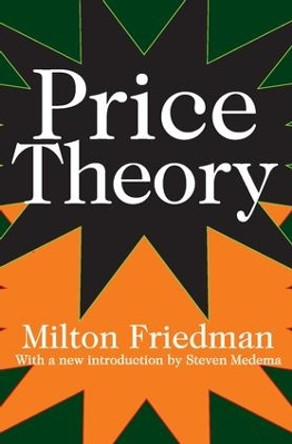Description
About the Author
Milton Friedman (1912-2006) was awarded the Nobel Prize in Economics in 1976. He was a Senior Research Fellow at the Hoover Institution and had previously taught at the University of Chicago from 1946 to 1976. He was also a member of the research staff of the National Bureau of Economic Research from 1937 to 1981.
Reviews
"Friedman argued that the best way to make sense of saving and spending was not, as Keynes had done, to resort to loose psychological theorizing, but rather to think of individuals as making rational plans about how to spend their wealth over their lifetimes. This wasn't necessarily an anti-Keynesian idea--in fact, the great Keynesian economist Franco Modi-gliani simultaneously and independently made a similar case, with even more care in thinking about rational behavior, in work with Albert Ando. But it did mark a return to classical ways of thinking--and it worked. The details are a bit technical, but Friedman's 'permanent income hypothesis' and the Ando-Modigliani 'life cycle model' resolved several apparent paradoxes about the relationship between income and spending, and remain the foundations of how economists think about spending and saving to this day."--Paul Krugman, New York Times "Friedman described Keynes's theory of a declining propensity to consume as 'very imaginative and thoughtful.' But in A Theory of the Consumption Function (1957), he demonstrated that while the hypothesis seemed to make psychological sense, it was empirically false. In relating income to propensity to consume, Keynes had erred in not distinguishing between 'transitory' and 'permanent' income. In fact, consumption does not decline as incomes generally rise. Economists across the political spectrum agreed with Friedman's refutation of Keynes."--James A. Nuechterlein, Commentary
Book Information
ISBN 9780691138862
Author Milton Friedman
Format Paperback
Page Count 296
Imprint Princeton University Press
Publisher Princeton University Press
Weight(grams) 369g






